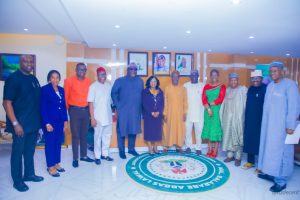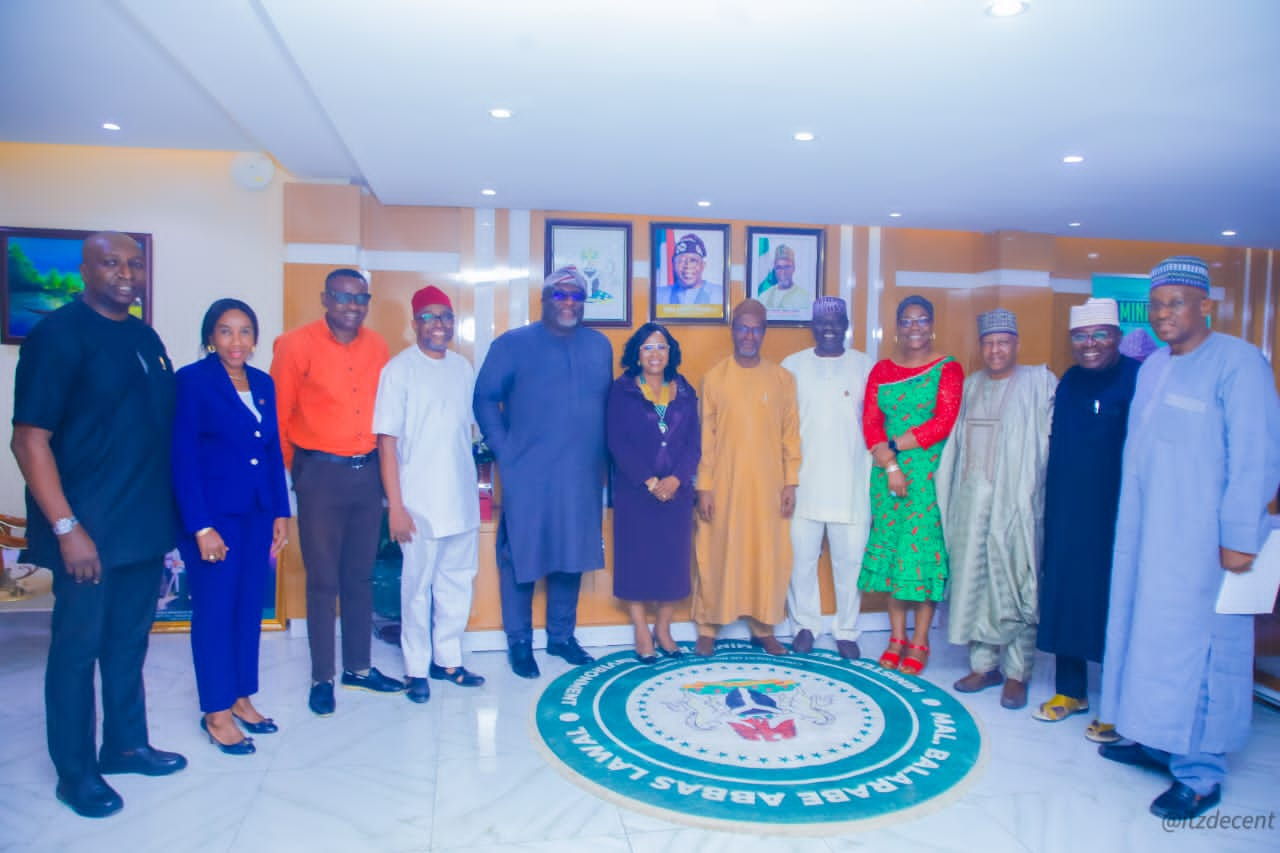In recent years, Nigeria’s government has shown a distinct preference for hiring foreign consultants for various projects across the country. While the rationale behind this decision might include perceived expertise or international standards, a closer examination reveals several significant drawbacks and implications for Nigeria’s development trajectory.
- Neglecting Local Talent: By consistently favoring foreign consultants, the Nigerian government overlooks the wealth of expertise and talent within the country. Nigerian architects, engineers, and planners possess valuable insights into local conditions, cultural nuances, and regulatory frameworks that foreign consultants may lack.
- Economic Drain: Hiring foreign consultants comes with a hefty price tag, often resulting in substantial financial outflows. This practice drains resources that could otherwise be reinvested in local infrastructure development, capacity building, and job creation. It perpetuates a cycle of dependency on foreign expertise rather than nurturing indigenous skills and industries.
- Limited Local Empowerment: Engaging foreign consultants diminishes opportunities for skills transfer and capacity building among local professionals. Instead of empowering Nigerian architects and engineers to lead major projects, the reliance on foreign expertise perpetuates a reliance on external knowledge and solutions.
- Cultural Insensitivity: Foreign consultants may lack a deep understanding of Nigeria’s diverse cultural, social, and environmental contexts. Consequently, their designs and recommendations may not align with the needs, preferences, or aspirations of local communities. This can lead to projects that are disconnected from the realities of Nigerian society, resulting in suboptimal outcomes and community dissatisfaction.
- Missed Opportunities for Innovation: Excluding local talent from major projects deprives Nigeria of the opportunity to showcase homegrown innovation and creativity. Local architects and engineers bring unique perspectives and innovative solutions that are tailored to the Nigerian context. By prioritizing foreign consultants, the government stifles innovation and undermines the potential for homegrown solutions to address pressing challenges.
- Loss of Sovereignty: Overreliance on foreign consultants compromises Nigeria’s sovereignty and autonomy in decision-making processes. External consultants may prioritize the interests of their home countries or international stakeholders, potentially undermining Nigeria’s long-term development objectives and strategic priorities.
In conclusion, Nigeria’s government’s preference for foreign consultants represents a shortsighted approach that undermines local talent, drains economic resources, limits empowerment opportunities, overlooks cultural sensitivities, stifles innovation, and compromises national sovereignty. Moving forward, there is an urgent need to reevaluate procurement practices, prioritize local expertise, and foster a conducive environment for indigenous talent to thrive in shaping Nigeria’s built environment.




